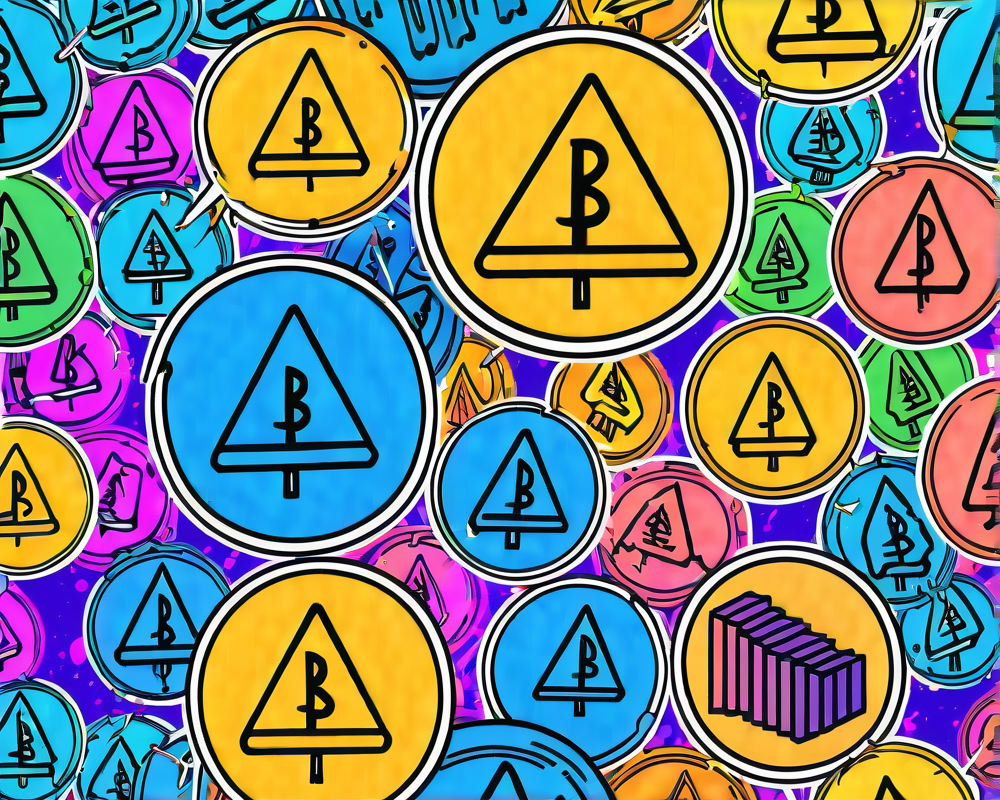Closing the Chapter on OneCoin
The saga of the OneCoin pyramid scheme has reached its dramatic conclusion, at least in China’s Hunan Province. Reports surfaced Wednesday, May 23, from the Justice Network that the last four suspects involved in this notorious case have now been prosecuted.
Prosecutorial Actions in Hunan
The Zhuzhou Country Procuratorate didn’t hold back in their efforts. Over a two-year span, they assessed a staggering 106 individuals. Out of these, 98 were publicly prosecuted. The financial fallout was immense, with approximately 1.7 billion yuan (around $266 million) recovered from across more than 20 provinces in China. Those found guilty faced not only hefty fines ranging from 10,000 to a whopping 5 million yuan (approximately $1,500 to $782,000) but also the prospect of prison time, notably capped at four years or less.
A History of Seizures and Investigations
This isn’t the first time authorities have clamped down on OneCoin. In 2016, they seized over $30 million during preliminary investigations. The organization, deceptively branded as “Weika Coin” within China, operated with a cunning strategy of luring in new investors with inflated promises of high returns. This involvement was compounded by their server being located in Copenhagen, a strong hint at the multinational scope of their operations.
OneCoin’s Structure: A Pyramid of Deceit
At its core, OneCoin was your classic pyramid scheme—complete with 27 fund pool accounts and a staggering 140 member levels meshed with various entry costs. With over 2 million registered users in China alone, the entire operation is estimated to involve funds exceeding 15 billion yuan (around $2.3 billion). Talk about a pyramid that could make even the tallest structure seem small!
International Backlash and Continued Investigations
The repercussions of OneCoin have spread beyond China’s borders. Last fall, Italy slapped the organization with a fine of €2.5 million after classifying it as a pyramid or Ponzi scheme. Earlier this year, Bulgarian law enforcement and EU crime-fighting units launched a raid on OneCoin’s office, orchestrated by a German prosecutor’s office. While they did manage to seize documents and servers and questioned 50 witnesses, no arrests were made at that time. The case continues to unfold, and many eyes are still on OneCoin.
Lessons Learned
The dramatic tale of OneCoin serves as a stark reminder of the risks associated with unregulated investments. In fact, Cointelegraph raised warnings back in 2015 about this dubious outfit, flagging it as likely a scam. Whether investors heed past warnings is another question, but as they say, history has a way of repeating itself—unless we pay attention.



